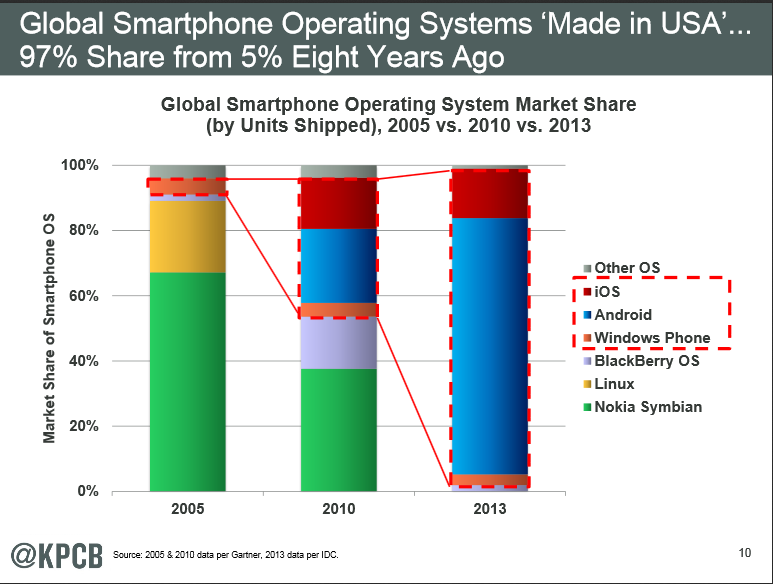The next biggest recruiting play is not LinkedIn, or CareerBuilder, or Monster. It’s Glassdoor! But you wouldn’t know that, because you still see them as a place where former employees and zombies go to bitch about your company and bad managers. It’s not!
Kris Dunn and I are going to show you, in this month’s FOT webinar, how smart companies are leveraging Glassdoor in their recruiting practices to steal your talent, and it’s not the crappy talent you wish would leave!
Yep, Glassdoor is sponsoring this webinar. Yep, Kris and I made sure they knew we don’t hold back punches! That, in and of itself, is cool, because they know we speak the truth, and they aren’t afraid of the truth getting out (BTW – we have a lot of companies not willing to do FOT webinars because of this!).
Let’s face it. HR pros have a long history of being uncomfortable with sites like Glassdoor.com. After all, the only people that use Glassdoor.com and sites like it are disgruntled ex-employees that you fired, right?
Wrong. It was wrong 5 years ago, and it’s horribly wrong today. Rather than view these types of sites as a threat, smart HR and Recruiting pros are learning how to use the reputation/rating sites to manage their employment brand, connect with candidates and make better hires.
The days of the employment brand strategy with scripted photos, smiling faces (just the right amount of diversity!) and PDFs are over.
That’s why we’re going deep on reputation sites like Glassdoor in the July version of the FOT Webinar entitled,“How Smart HR Pros are Becoming Better Marketers – By Using Company Reputation Sites Like Glassdoor.” Join Kris Dunn and Tim Sackett from Fistful of Talent at 2pm ET on Wednesday July 30th, and we’ll hit you with the following:
– How the the yelp-ification of America—the trend towards consumer-based reviews in almost every area of our economy—is changing the way employees and candidates think about job search and employer brands. It’s second nature for your employees to rate a restaurant, a book or a movie online. That means that employees of all types (not just the ones who want to complain) are more willing than ever to participate in your brand through user review.
– Why the explosion of social media and deep coverage of every aspect of our lives through video and photos is changing the willingness of smart companies to increase their transparency. Every employee and candidate who interacts with your company is a potential reporter, and they expect you to share the good, bad and ugly about working with your firm openly and honestly. Old versions of employment brands won’t cut it—you”re going to have to give up some control to maximize your brand.
– We’ll cover the 5 Biggest Myths about company reputation sites like Glassdoor and tell you which ones are completely BS and which ones you actually perpetrate by not fully engaging on sites like Glassdoor. We’ll hit the usual suspects here: “The only comments are from the bad employees” and “The salary data out there isn’t factual,” and tell you why things have changed. More importantly, we’ll cover how you actually may make the myths a reality by not fully engaging on reputation sites. Think about that last sentence: You’ve got to be in the game to influence the game.
– Last but not least, we’ll give you a 4-step playbook on how to engage on reputation sites and become more of a Marketer as an HR/Recruiting Pro. It’s true—you wouldn’t have read this far if you didn’t want to learn more about how to use reputation sites like Glassdoor to maximize your company and your career. We’ll help you get started.
The outside world now has a huge say in how your company/employment brand is perceived, whether you engage or not. FOT thinks you should engage. Join us for “How Smart HR Pros are Becoming Better Marketers – By Using Company Reputation Sites Like Glassdoor” at 2pm ET on Wednesday July 30th and we’ll show you how.
(FOT Note: Glassdoor is sponsoring this FOT webinar. We’re happy to have them as a sponsor and, true to their commitment to transparency, they’re letting us talk about the myths and a lot of other realities HR and Recruiting pros have experienced related to Glassdoor—without restriction. That type of balance makes them a great partner. Join us and we promise you’ll get a balanced view—no sales pitch—as well as an insider’s guide to how to use sites like Glassdoor to become a better marketer as an HR/Recruiting pro.)

